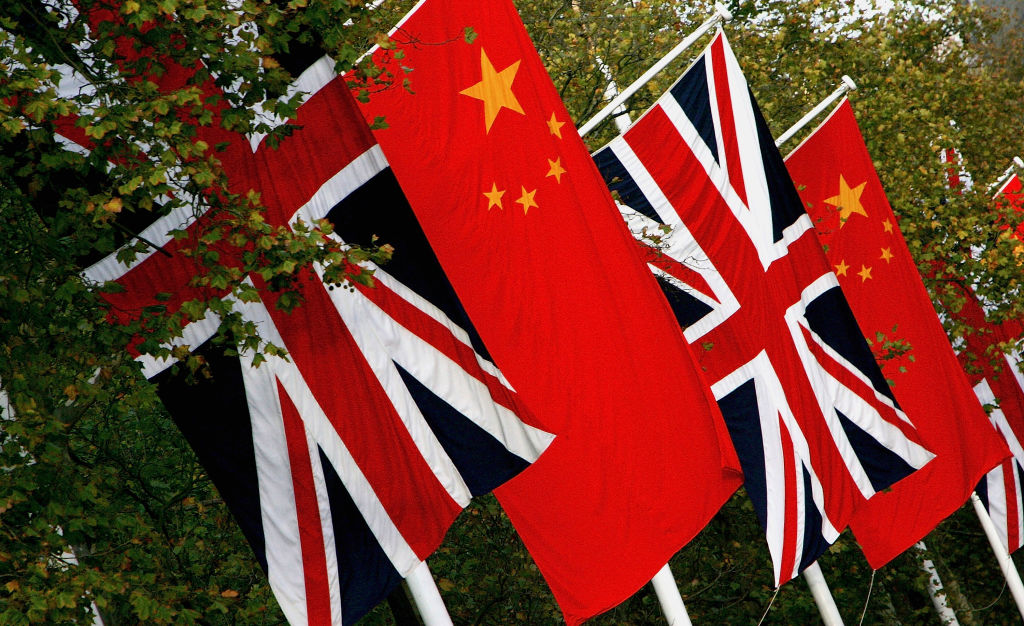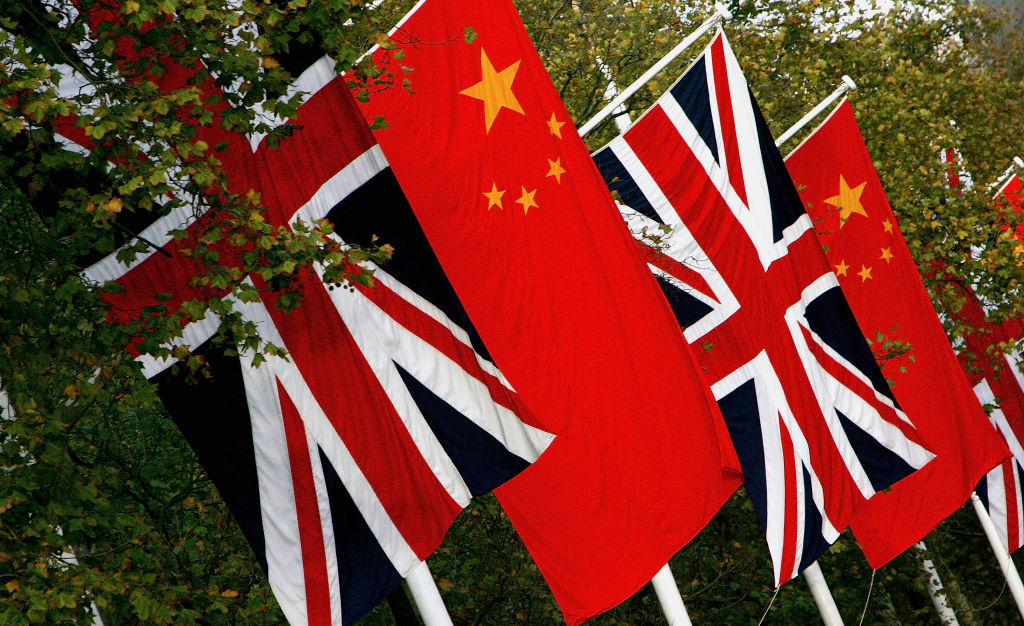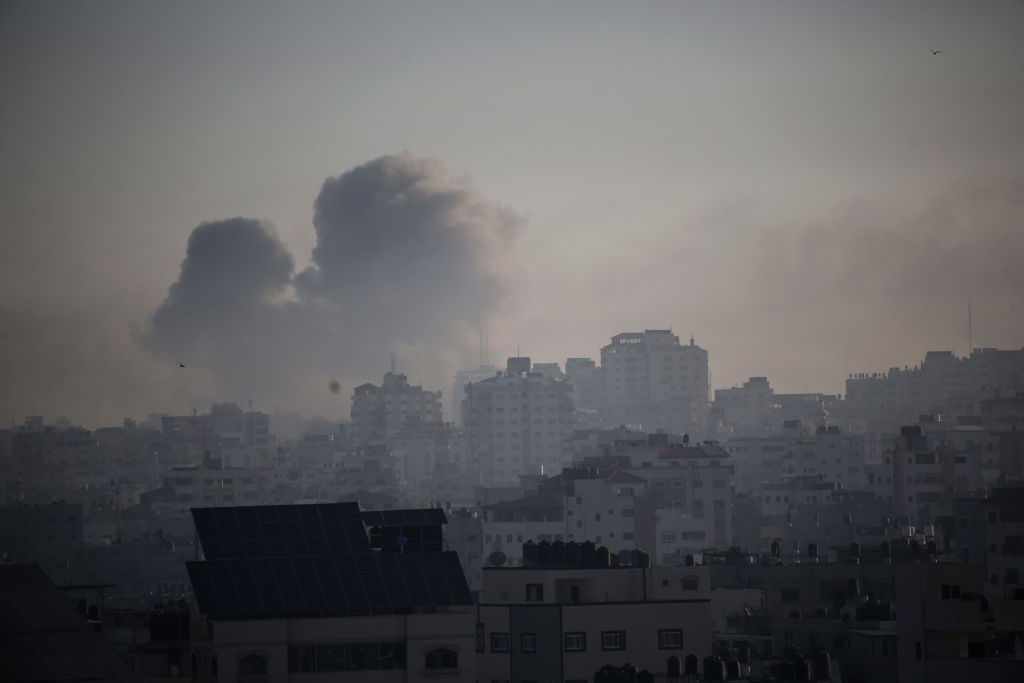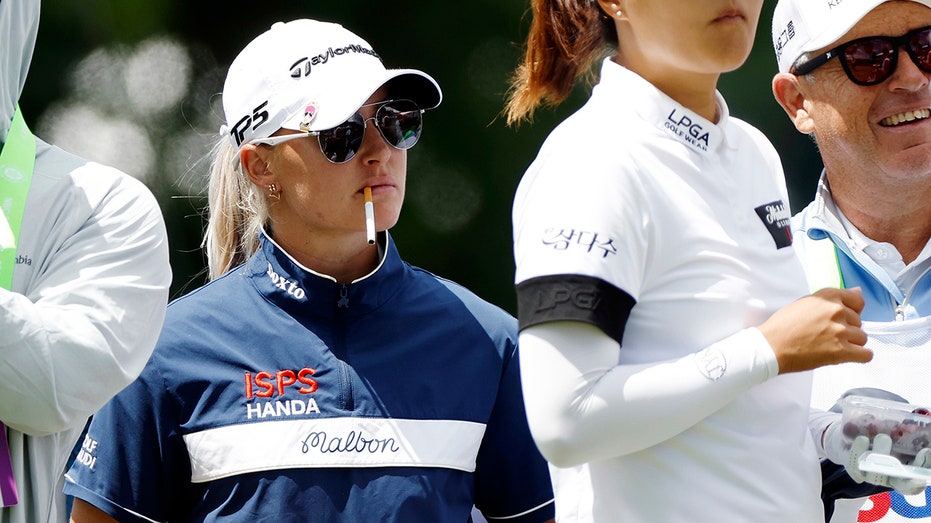Will the UK’s latest sanctions on China make any difference?
The UK has introduced new sanctions aimed against Chinese interference, but their bark is far worse than their bite, writes Robert Dalling.


The UK has introduced new sanctions aimed against Chinese interference, but their bark is far worse than their bite, writes Robert Dalling
Recently we saw sanctions hitting the headlines again with the UK government announcing asset freezes in response to cyber attacks in 2021 and 2022, for which the government holds China responsible.
Although the government’s choice of this foreign policy response has been reported as the UK imposing sanctions “on China”, in reality this is not an action at state-to-state level in the same way as, for example, the expulsion of diplomats.
In terms of real-world impact, the response is relatively mild and driven by largely political motivations. Only two individuals and a single company have been added to a lengthy list of targets whose assets are frozen. The effect is to hit the pause button on their financial transactions – their UK-based assets, ranging from bank accounts to properties, are frozen temporarily, but potentially for a lengthy period. Accessing funds or conducting business? It’s all on hold.
These designated individuals and the company are effectively cut off from engaging commercially in the UK at all. Job opportunities, rental income or even basic financial interactions between friends require explicit government approval.
When it comes to the sanctions we’ve seen against Russia, Russian oligarchs living in the UK have seen their standard of living directly impacted as a result. But for the recent Chinese targets, it’s unlikely to disrupt their operations unless they have significant holdings and interests in the UK.
These are not the first sanctions imposed by this government as part of its Chinese foreign policy. Back in 2021, they took action against officials linked to human rights abuses in Xinjiang. Again, the number of targets was minimal, and realistically, it was more of a symbolic gesture than a game-changer.
Contrast this with the UK’s approach to Russia. The sanctions here carry more weight, targeting entire sectors of the Russian economy. With thousands of individuals under an asset freeze, and key commodities like Russian oil off-limits, the impact is felt far beyond Russia’s borders, affecting a vast range of Western businesses with ties to the country.
While the UK’s list of sanctioned individuals continues to grow, for many targets, particularly those with limited connections to the UK, the significance lies more in the message being sent than in any tangible repercussions. The practical effects are often less dramatic than the rhetoric implies.
However, we must remember the broader context of UK-China relations. The imposition of sanctions reflects the UK’s stance on cyber attacks and human rights abuses, but it’s also a delicate balancing act, considering the economic ties between the two nations.
China represents a significant trading partner for the UK, and any punitive measures risk disrupting this economic relationship – hence, the targeted approach to sanctions, focusing on specific individuals and entities rather than broad-based measures against the entire country.
In contrast, the UK’s approach to Russia reflects a more assertive stance, with broader sanctions aimed at weakening key sectors of the Russian economy.
The effectiveness of sanctions as a diplomatic tool remains a subject of debate. Critics argue that they often have limited impact, particularly when targeted individuals or entities can easily circumvent them. While freezing assets may send a strong signal, enforcement can be challenging. The popularity of sanctions, however, shows no sign of abating – the list of individuals sanctioned by the UK government has grown exponentially in recent years.
But in many cases, particularly where the target has minimal or no ties with the UK, the significance of a designation is more likely to be its political value rather than its practical effect.



